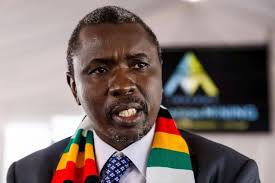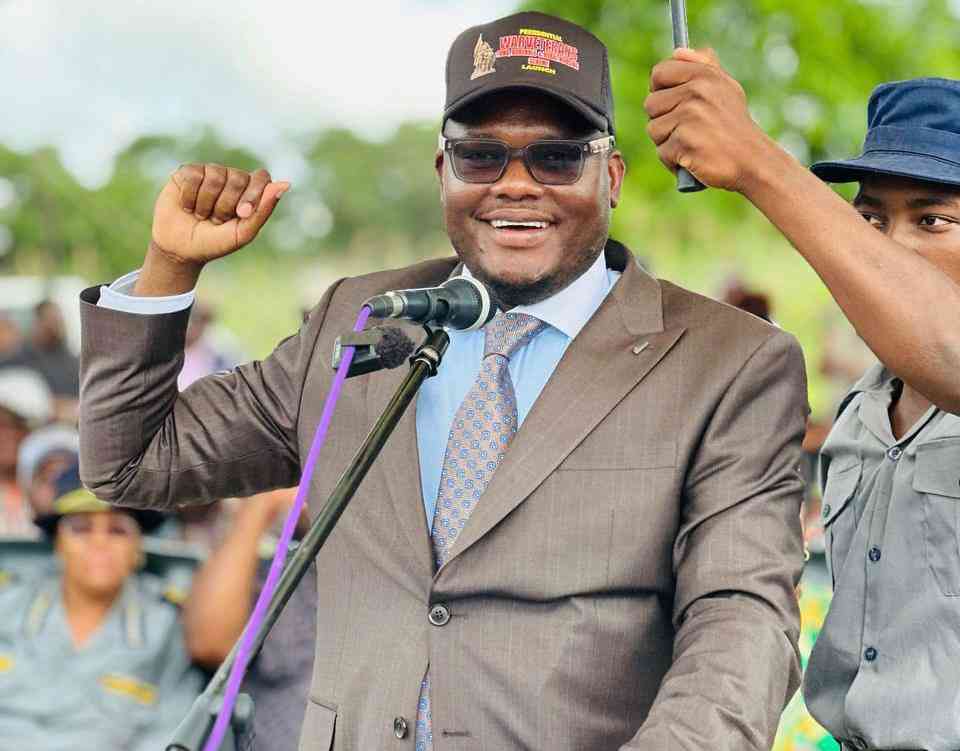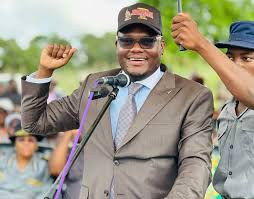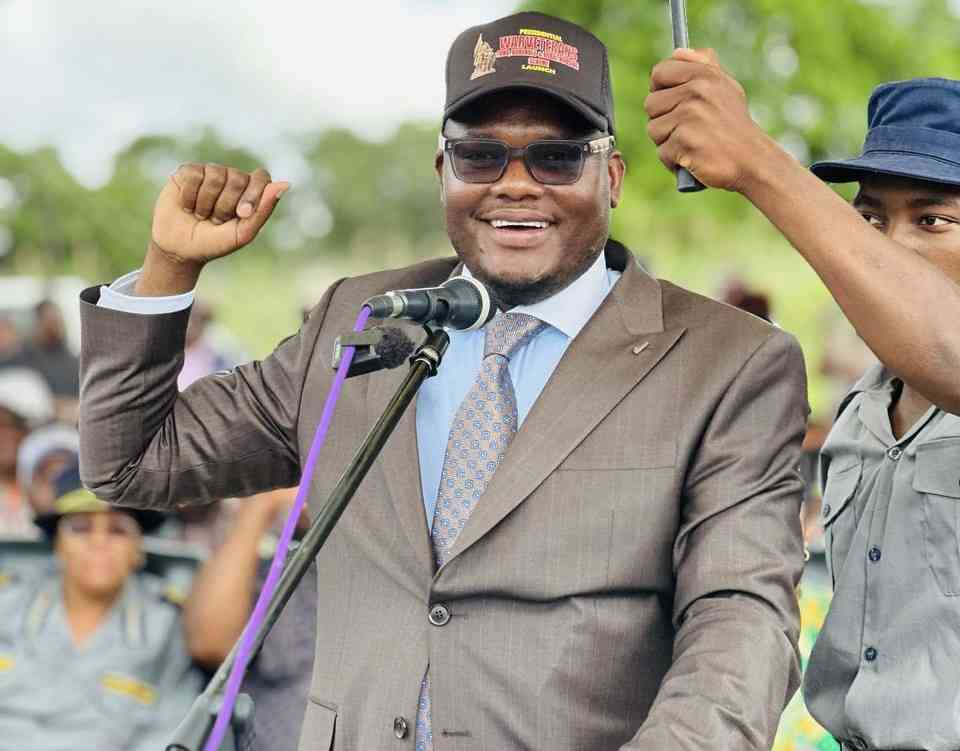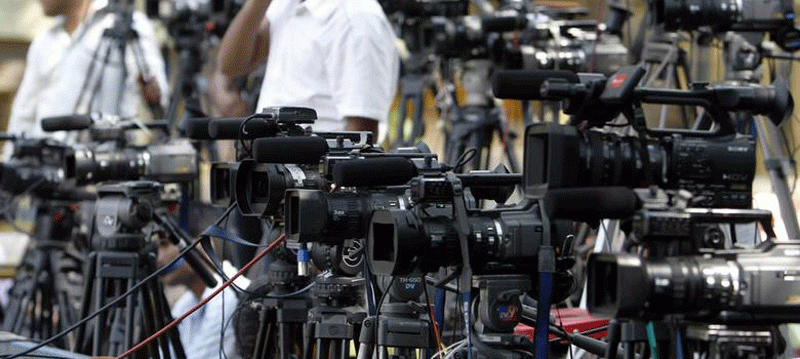
Does the media, in its various forms be it mainstream, alternative or in the case of this article, social media affect election outcomes?
Unpacking this question has highly polarised scholarly camps with divergent schools of thoughts on the actual impact of social media on the integrity of electoral processes.
For example, there are views by scholars such as Clay Shirky (2011) that take an optimistic approach to emphasize the potential of social media to empower citizens, particularly those living in non-democratic contexts.
On the other hand, there are scholars, among them Eldred Masunungure (2014) that focus on the more pessimistic side, who posit social media as just being all but an extension of the soft power that the ruling elite hold over the governed and the marginalised.
In this submission, I shall present a helicopter view of these schools of thought in developing an argument around the need for stakeholders that proffer media and elections support to reconsider interventions that target social media.
Most interventions that are aimed at creating an enabling environment for citizens participation on social media have largely been centred around disinformation or what has more broadly been defined as information disorders without necessarily addressing the root problem, which I argue to be an attempt to “manufacture consent” by the ruling elite.
I will conclude the submission by recommending the support for counter-hegemonic social media interventions that contests propaganda and build citizens resistance against dominant narratives, most of which are framed in a partisan manner.
These interventions, establishing a citizens centric information order — have to be intentional, targeted and research based to the extent that it can respond to the behavioural patterns of social media audiences.
- News in depth: Chamisa attacks expose culture of impunity as Zimbabwe heads to 2023 polls
- From David party to Forus: new political outfits raise eyebrows
- News in depth: Chamisa attacks expose culture of impunity as Zimbabwe heads to 2023 polls
- From David party to Forus: new political outfits raise eyebrows
Keep Reading
To put things into context, the traditional forms of the media are under the control and ownership of the ruling elite, even in mature democracies.
Ideally, there should be a public media that should serve as a platform for diverse and alternative views and there should be a level of balance, especially when it comes to the coverage of elections.
But realistically and to a certain extent practically, there is no formalised media that can adequately interpret national questions such as electoral contestations without either being influenced by the various forces, be there political, economic or sociologically.
In some cases, there could be psychological, where the views of an individual editor or influential media personality can take the form of an editorial thrust of that particular media house.
This is not to suggest that the mainstream media at all times succumb to these pressures to completely miss their professional and in the case of countries such as Zimbabwe and many others, constitutional mandate to be impartial but to make the inescapable point of how the various elite agents of the state in more ways than one seeks to manufacture consent of the citizens or in the case of elections - the voter, as an exercise of power.
The repo effect of this is what some have defined as polarisation within the media.
And this polarisation would not be the making of the media but of those using the media as an area of contestation.
Those in government normally take full control of the public or state media, whichever case maybe to robustly mobilise through both legitimate and illegitimate ways.
The opposition parties or the alternative often find spaces in the independent or privately owned media, again through legitimate and illegitimate ways.
The emergence of social media had however provided an opportunity for breaking away with the notion of dominant narrative by vesting the power of expression within individuals.
Citizens were founding expression without mitigation and in raw form thus creating a new form of a market place for ideas.
Freedom of assembly became enhanced as citizens who cannot physically meet can convene online.
Those voices that could never find space in the mainstream media now found expression online.
Voter education and civic campaigns also became robust and the social media space became an atmosphere of a democratised space that could build resistance against hegemonic forces.
Organic knowledge has been generated as a means to equip the voter, who unlike at a political rally could respond pragmatically and even initiate debate that would then be carried and sustained in the mainstream media.
With the ever-evolving new media technologies, social media has become even more nuanced and engaging for both the politician and citizen, which can also drive citizens into active participation in democratic processes and thus enhance democracy.
The opportunities presented by social media, which have proven results — whether in the promotion and exercise of rights are some of the reasons why the optimistic scholars support the widening of social media as an agent of resisting the effects of the captured mainstream media and in also resisting hegemonic forces.
Indeed, in progressive countries, access to the internet and by extension social media has been placed on a pedestal of a human right.
There is however the other side of the coin.
The ruling elite are increasingly finding gravitas to exert their influence online.
Not only do they have the social gravitas to build a critical mass of followers, friends and audiences, they also have the financial muscle to sponsor their dominance in the social media spaces.
Most of these social media platforms have options to boost audience reach through various means including but not limited to bots, algorithms and sponsored posts among others.
There is also the paying of social media influencers to sustain certain narratives, which as in the case of the mainstream media through legitimate and illegitimate ways.
These ruling elites use both overt and covert methods to penetrate and impact the social media space.
One classic example being the rallying call by President Emmerson Mnangagwa for the youths in his party to penetrate the social media platforms and ensure his party’s narratives and ideas carry the day online.
The effect of this has been the polarisation remanifesting itself on social media.
Citizens are losing agency due to the more organised forces that are pushing their agendas in ways that are disempowering the individual.
In any event, the social media is a lot faster and less discerning to the extent that the genuine and rallying causes for democracy or citizens participation thereof are lost or immediately lose momentum as soon as a new issue emerge.
Prominent #tags on Zimbabwe social media handles such as #Register to vote, #Zimbabwean lives matter #Stopthe PVO Bill among others, though hyped up and genuine rallying causes have since lost esteem.
Which then again begs the question I posed at the beginning of this submission – to what extent can social media influence electoral outcomes?
I submit that electoral and media actors should invest in a social media audit that traces and tracks audience patterns and seek to influence the legitimate citizen, who despite the information disorder and the effect of those manufacturing consent remains eager to fully appreciate and exercise their right.
The findings of such an audit should also assist in tailor making social media interventions that goes beyond identifying disinformation, but by equipping the citizen to counter the hegemonic dominant narratives.
Social media certainly has a role to equip the citizen. The voter.
But it is a space that should be vigorously defended against the traditional forces that have captured the mainstream media.
- *Nigel Nyamutumbu is a media development practitioner, heading the secretariat of a network of nine media professional associations and support organisations, the Media Alliance of Zimbabwe (MAZ). He made this presentation at a Zimbabwe Elections Support Network’s Media and Elections Academy held in Kadoma on September 1 and 2. Nyamutumbu can be contacted on +263 772 501 557 or njnya2@gmail.com The article was first published in the Accent newsletter, a MAZ initiative

